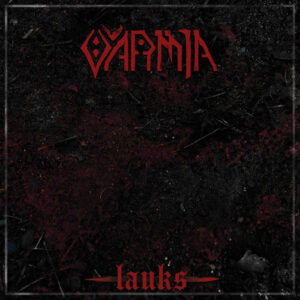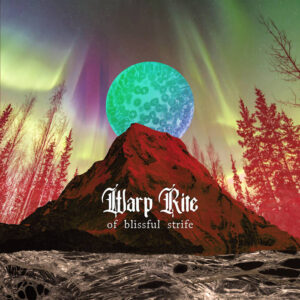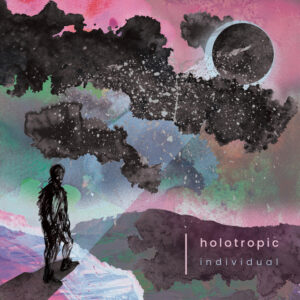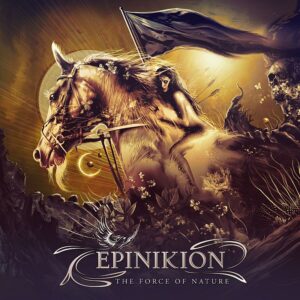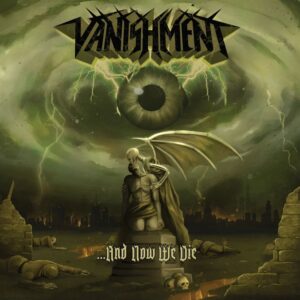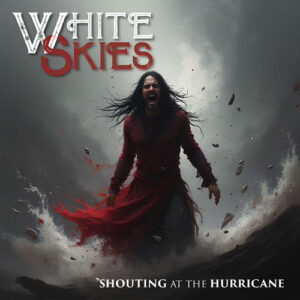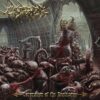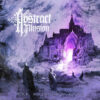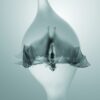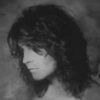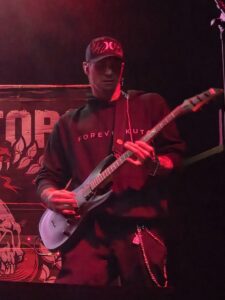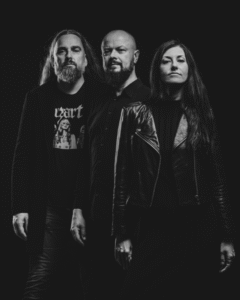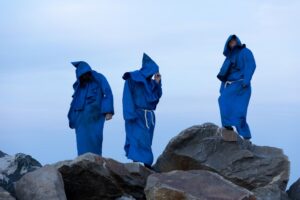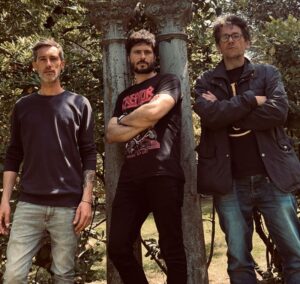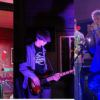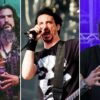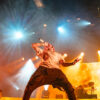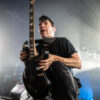Eternal Source
Neopera

NEOPERA were formed in 2010, and they are from Hamburg, Germany. The symphonic Metal band release their second full-length album, the first one after their debut in 2014. "Eternal Source" was mixed and mastered by Tommaso Monticelli (GENUS ORDINIS DEI). All choirs were performed by STIMMGEWALT. The album has a length of about 44 minutes, and it is an independent release. The album starts with the classical, two-minutes intro "Overture", performed by the lead guitars, the strings, and the choir. "Lost Myself" is a track at a measured tempo with thunderous guitar riffs and grim melodies. The orchestral arrangements and the choir are prominent elements of the track. The main vocals are male growls, varying between deep to medium end of the guttural range. The other vocals are the female operatic vocals and a few male clean vocals. As the track moves on, there are twists and turns in tempo and rhythm with some crushing parts supported by the double-bass drumming, but also symphonic parts led by the strings. "A Dawning Day" is a mid-tempo track, starting with the guitar riffs, the double-bass drumming, and the strings. The verse and chorus parts have catchy melodies, with the verse parts being easy-to-listen and the chorus parts lean more towards traditional symphonic Metal. The vocals are shared using the highly pitched female vocals, the clean male vocals, and the growls. The break includes a contributing lead guitar solo. "A Dawning Day" has a simple verse/chorus structure, is mostly easy-to-listen, and consequently, it has been released as lyric video, and the YouTube link is provided below.
"Symphony Of Hope" has a epic start with the guitars and the strings, leading into a verse part at a measured tempo. The guitar riffing is tight and supported by orchestral arrangements in the background. The vocals are shared between the female operatic vocals and clean male vocals. The tempo for the chorus part rises for a crushing delivery supported by the double-bass drumming. The break changes the character of the track completely into a classical offering performed by the orchestra and the female vocals, which is followed by a contributing lead guitar solo at high pace. The track eventually circles back for another verse/chorus part. "When Night Falls" is a track with heavy verse parts at mid-tempo and melodic chorus parts at a measured tempo. The verse parts are driven by devastating guitar riffs and the growls, while the choruses are again traditional symphonic Metal with the female vocals leading the track. The middle part changes the track drastically into an operatic delivery driven by the clean male vocals. As the track has three very distinct parts, it is not always easy to follow. "A Dream Of You" starts with an orchestral part led by the strings and the brass, leading into a quiet verse part, performed by the acoustic guitars, the orchestra, and the clean male vocals. As the track goes on, the orchestral part becomes more prominent, and the female vocals join in. It is almost a purely operatic track; however, the Metal instruments have their contribution towards the end with a fine lead guitar solo, and a last epic finale with the guitars, drums, and vocals.
"The Forlorn Child" starts with the strings and the female vocals at a measured tempo. It does not take long for the guitars to join in with punishing riffs, the double-bass drumming and the growling vocals. The melodies are spine-chilling, and this is intensified by the choir contribution. As the growling and the grim melodic framework are very prominent, "The Forlorn Child" has probably the most symphonic Death Metal vibes of the album. The middle part introduces the clean male vocals and more positive melodic vibes, including a contributing lead guitar solo, but the track circles back to its dark and chilling roots at the end. "A Sign Of Light" is an operatic track with prominent orchestral contributions, supported by thunderous guitar riffing at times. The clean male vocals are leading the track, while the operatic female vocals and the male growls contribute to the chorus parts. "Equilibria Forever" starts with dark melodies performed by the strings, brass, and the guitars, transitioning into a verse part at measured tempo. The clean male vocals drive the track forward, while the female vocals, the male growls, and the choir also contribute. The choir and the growls intensify the bone-chilling melodies across the track. "Equilibria Forever" is one of the many tracks on the album with a complex structure and with twists and turns in tempo and rhythm. The album finishes with "Postludium", which is driven by the orchestra, both female and male vocals, and the lead guitars. It is a track with neo-classical melodies and a fitting end of the album.
NEOPERA offer an interesting symbiosis of classical music and Metal. "Eternal Source" is not a traditional symphonic Metal album. Although the symphonic elements are the main drivers of the album, it is more a mixture of orchestral and operatic Metal. All vocalists and the choir contribute to the operatic part of the tracks and give additional layers of the songs. Most tracks have complex structures, which also separates them from traditional symphonic Metal. The album is well composed and produced. "Eternal Source" has a unique sound. It is not a mainstream symphonic Metal album, but fans of "classic meets Metal" will surely enjoy the sound of NEOPERA.
8 / 10
Excellent
Songwriting
Musicianship
Memorability
Production

"Eternal Source" Track-listing:
- Overture
- Lost Myself
- A Dawning Day
- Symphony Of Hope
- When Night Falls
- A Dream Of You
- The Forlorn Child
- A Sign Of Light
- Equilibria Forever
- Postludium
Neopera Lineup:
Thorsten Schuck – Vocals
Jasmin Gajewski – Vocals
Wiebke Krull – Vocals
Vincenzo Mussolino – Guitars
David Wieczorek – Guitars
Florian Karbaum – Drums
Denis Filimonov – Bass, Vocals
More results...
